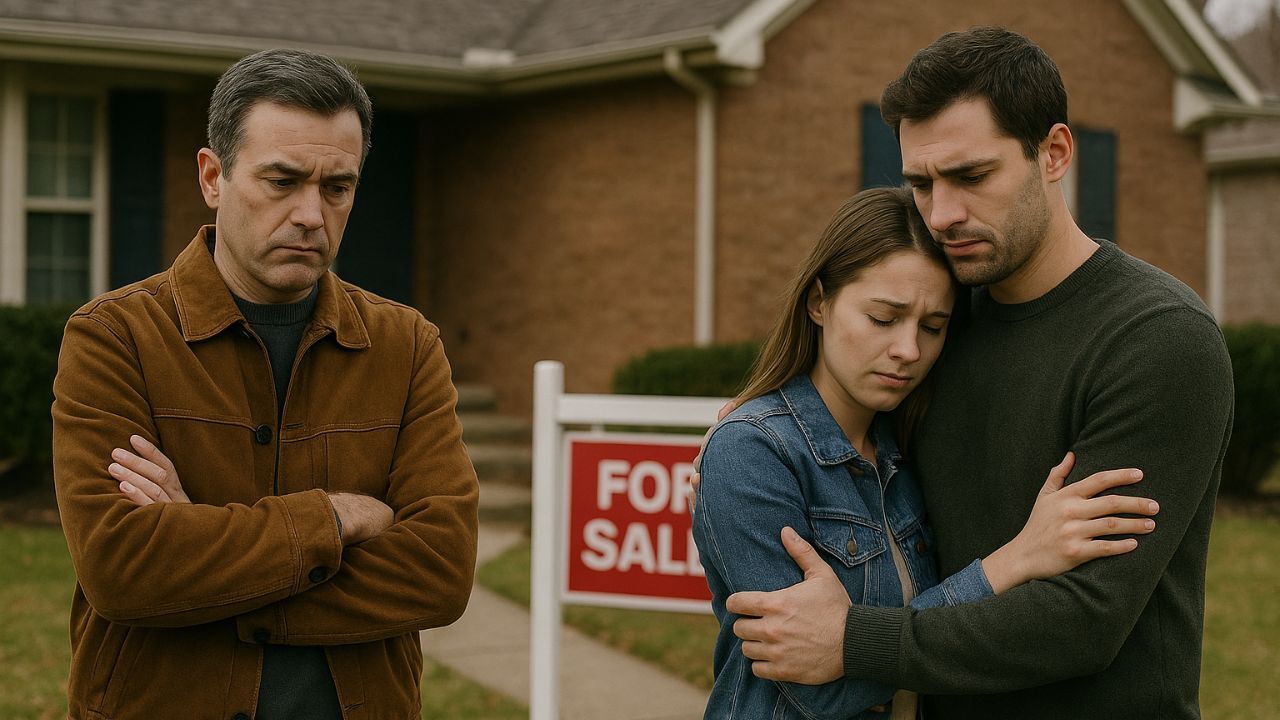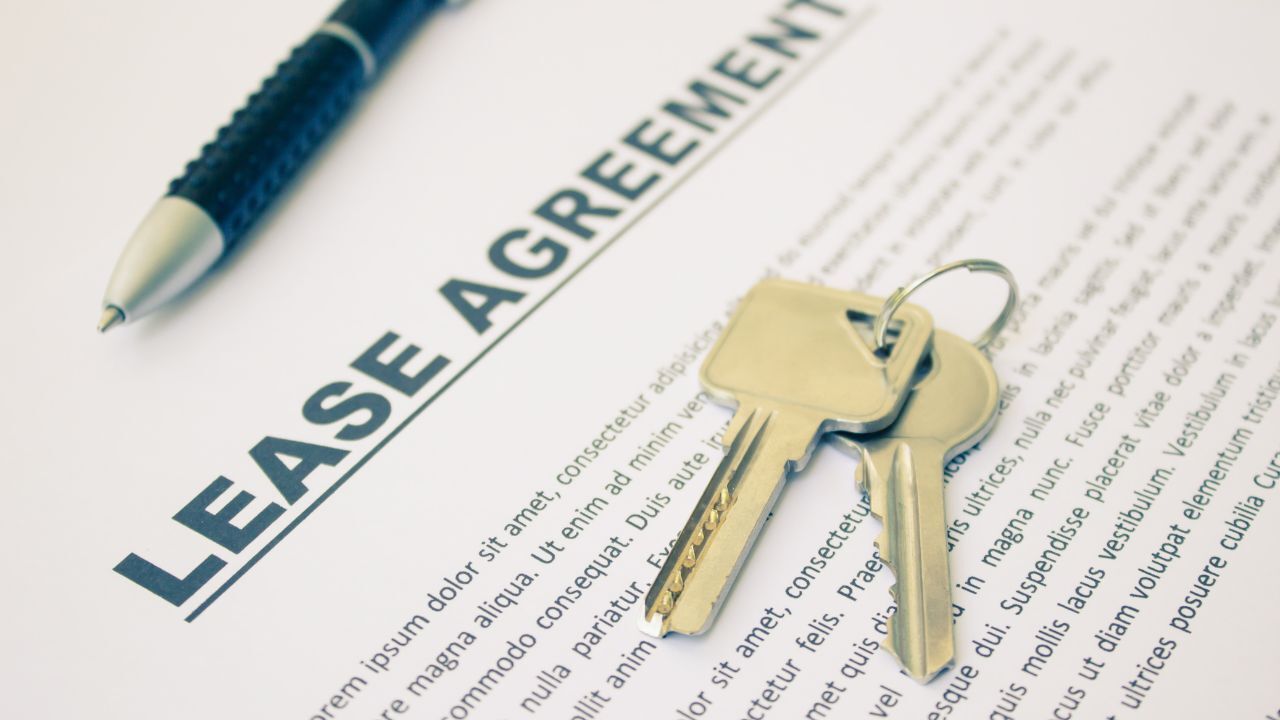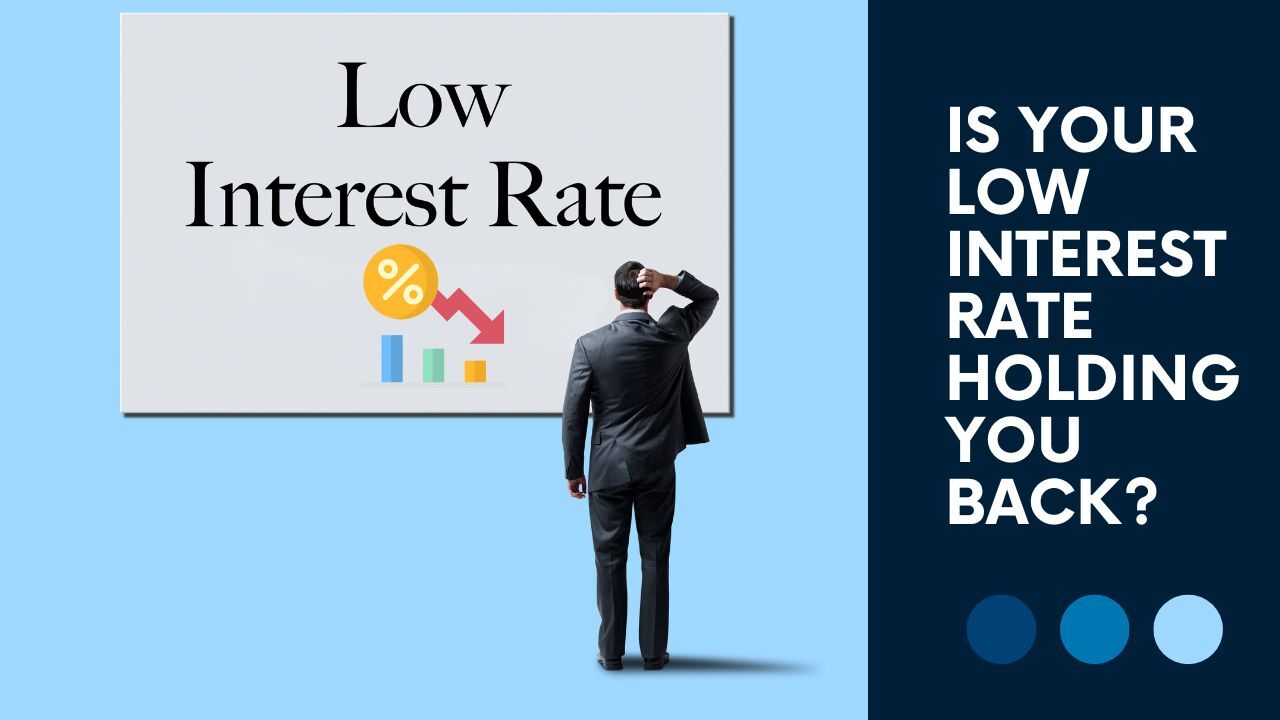 Some homes make people feel comfortable the moment they walk through the door. Even without saying a word, space communicates warmth, calmness, and connection. There is real science behind this reaction and understanding it can help sellers create a more appealing experience for potential buyers.
Some homes make people feel comfortable the moment they walk through the door. Even without saying a word, space communicates warmth, calmness, and connection. There is real science behind this reaction and understanding it can help sellers create a more appealing experience for potential buyers.
The Power of First Impressions
People form opinions within seconds. A clean entryway, clear pathways, and simple decor help the brain process information more easily. When the mind feels at ease, space feels more inviting. Clutter, on the other hand, increases mental load and can make a home feel smaller or less comfortable.
The Role of Lighting and Color
Light plays a major role in how the brain interprets space. Natural light sends signals that boost positive feelings and a sense of calm. Soft, warm lighting in the evening creates comfort and relaxation. Color also triggers emotional responses. Neutral tones help buyers feel grounded, while soft accent colors add interest without overwhelming the senses.
How Scent and Sound Influence Mood
Smell is directly connected to the emotional center of the brain. Light, clean scents such as soft vanilla or fresh citrus can make a space feel peaceful and pleasant. Sound also matters. Gentle background music creates rhythm and flow, helping visitors slow down and feel more comfortable as they explore the home.
The Importance of Balance and Layout
Homes that feel welcoming often have balanced layouts. Furniture that is spaced appropriately, open walkways, and rooms arranged with purpose help the brain feel oriented. When people can move through a home easily, they naturally feel more relaxed and open to imagining themselves living there.
A welcoming home connects with both the senses and the emotions. By focusing on light, color, scent, sound, and thoughtful layout, sellers can create an environment where buyers feel comfortable, calm, and ready to picture their future inside the home.
 Selling a home that has limited storage space can feel challenging, but with the right strategy, you can highlight the home’s strengths and help buyers focus on possibility rather than limitations. With thoughtful preparation and clear presentation, even a small-space property can make a strong impression.
Selling a home that has limited storage space can feel challenging, but with the right strategy, you can highlight the home’s strengths and help buyers focus on possibility rather than limitations. With thoughtful preparation and clear presentation, even a small-space property can make a strong impression. When it comes to selling a home, first impressions matter. Home staging helps potential buyers see beyond your personal style and imagine their own lives inside the space. As real estate agent, we’ve seen how effective staging can be in turning casual lookers into serious buyers. It is not just about decorating — it’s about storytelling — creating a visual experience that allows buyers to connect emotionally with your home.
When it comes to selling a home, first impressions matter. Home staging helps potential buyers see beyond your personal style and imagine their own lives inside the space. As real estate agent, we’ve seen how effective staging can be in turning casual lookers into serious buyers. It is not just about decorating — it’s about storytelling — creating a visual experience that allows buyers to connect emotionally with your home. Buying a home is an emotional and financial journey, and most buyers expect the process to move smoothly once an offer is accepted. However, there are times when a seller decides to back out of the deal. This situation can be stressful, especially for buyers who have already started preparing for closing. Understanding your rights and the possible outcomes can help you respond calmly and confidently.
Buying a home is an emotional and financial journey, and most buyers expect the process to move smoothly once an offer is accepted. However, there are times when a seller decides to back out of the deal. This situation can be stressful, especially for buyers who have already started preparing for closing. Understanding your rights and the possible outcomes can help you respond calmly and confidently. Not all homes spend weeks on the market waiting for buyers. Some properties sell before they are listed on the Multiple Listing Service, also known as pocket or off-market sales. Understanding why this happens can help buyers and sellers navigate the real estate landscape more strategically and take advantage of opportunities that are not publicly advertised.
Not all homes spend weeks on the market waiting for buyers. Some properties sell before they are listed on the Multiple Listing Service, also known as pocket or off-market sales. Understanding why this happens can help buyers and sellers navigate the real estate landscape more strategically and take advantage of opportunities that are not publicly advertised. Selling a home can be an exciting step toward new beginnings, but it often comes with a level of stress that catches many homeowners off guard. Between preparing for showings, managing offers, and planning a move, the process can feel overwhelming. As your real estate partner, I want to share strategies that can help reduce stress and keep the experience as smooth as possible.
Selling a home can be an exciting step toward new beginnings, but it often comes with a level of stress that catches many homeowners off guard. Between preparing for showings, managing offers, and planning a move, the process can feel overwhelming. As your real estate partner, I want to share strategies that can help reduce stress and keep the experience as smooth as possible. When selling your home, you put your trust in your own real estate agent to price it right, market it well, and guide you through negotiations. But what many sellers don’t realize is that the buyer’s agent, someone you didn’t hire, can also impact your success. And unfortunately, if that agent is inexperienced, unresponsive, or unprofessional, it could hurt your sale more than you think.
When selling your home, you put your trust in your own real estate agent to price it right, market it well, and guide you through negotiations. But what many sellers don’t realize is that the buyer’s agent, someone you didn’t hire, can also impact your success. And unfortunately, if that agent is inexperienced, unresponsive, or unprofessional, it could hurt your sale more than you think. When you’re preparing to sell your home, you likely focus on everything within your property line, cluttering, staging, repainting, and boosting curb appeal. But what if the one thing standing between you and a solid offer is not your house at all?
When you’re preparing to sell your home, you likely focus on everything within your property line, cluttering, staging, repainting, and boosting curb appeal. But what if the one thing standing between you and a solid offer is not your house at all? What Is a Lease-Option Agreement?
What Is a Lease-Option Agreement? In today’s real estate market, many homeowners find themselves at a crossroads. They locked in an ultra-low mortgage rate years ago, but now their home no longer fits their lifestyle, family size, or future plans. The thought of giving up that great rate can feel daunting—but is staying in a home that no longer serves you really the best option? The truth is, you don’t have to feel stuck. You have choices that can help you move forward while still making smart financial decisions.
In today’s real estate market, many homeowners find themselves at a crossroads. They locked in an ultra-low mortgage rate years ago, but now their home no longer fits their lifestyle, family size, or future plans. The thought of giving up that great rate can feel daunting—but is staying in a home that no longer serves you really the best option? The truth is, you don’t have to feel stuck. You have choices that can help you move forward while still making smart financial decisions.